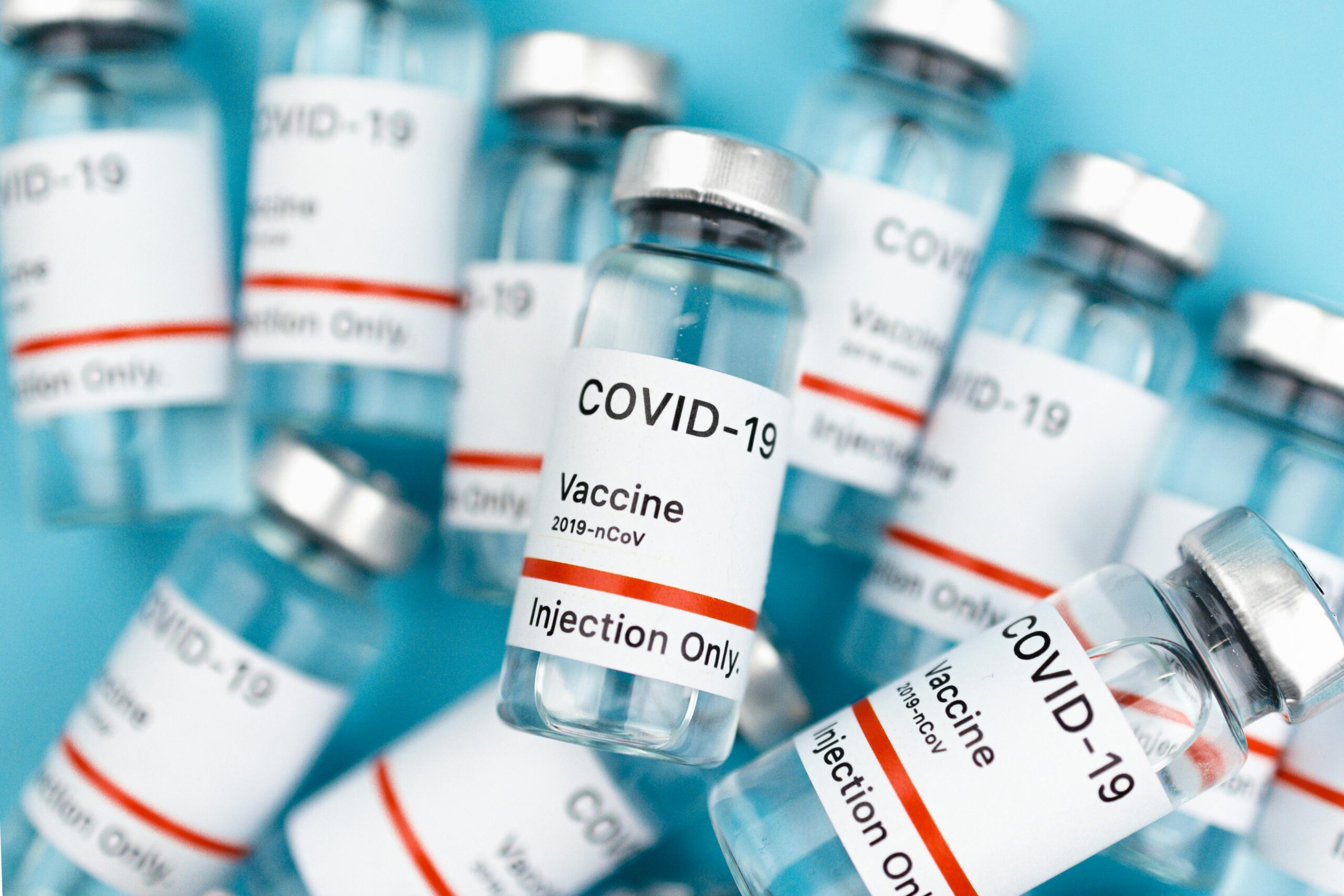Essentials of pharmaceutical marketing compliance, key regulations, practices and examples to ensure ethical and legal advertising in pharma industry.
Introduction:
In the pharmaceutical industry, marketing plays a crucial role in communicating the benefits of products to healthcare professionals and the public. However, pharmaceutical marketing is subject to a strict set of rules and regulations designed to ensure that these communications are ethical, accurate, and do not mislead. Navigating the complex landscape of pharmaceutical advertising regulations is no small feat. With penalties for non-compliance potentially reaching millions of dollars, understanding the importance of pharmaceutical marketing compliance is paramount for any company operating in this space.
The Regulatory Landscape
Pharmaceutical marketing is governed by an array of regulations that differ by country, yet share a common goal: to safeguard public health by ensuring that marketing practices in the pharma sector are truthful, transparent, and responsible.
Regulatory bodies like the U.S. Food and Drug Administration (FDA), the European Medicines Agency (EMA), and the Medicines and Healthcare products Regulatory Agency (MHRA) impose guidelines for pharmaceutical advertising and promotional materials.
These regulations address everything from direct-to-consumer advertising (DTC) to promotional materials directed at healthcare professionals. For example, in the U.S., the FDA mandates that pharmaceutical companies include risk information in their DTC advertisements, ensuring that consumers are aware of potential side effects before making decisions about medications.
Importance of Pharma Marketing Compliance
Pharmaceutical marketing compliance is crucial not just to avoid legal penalties, but also to preserve the reputation of pharmaceutical brands. With consumers and healthcare professionals becoming more aware of their rights and the ethics of pharmaceutical marketing, any breach of compliance can severely damage a brand’s credibility. A violation can lead to hefty fines, forced recalls, and even lawsuits, as witnessed in several high-profile cases.
In 2012, GlaxoSmithKline (GSK) was fined $3 billion for illegal marketing practices, including promoting drugs for unapproved uses and failing to disclose side effects. This is just one example of how costly a lack of compliance can be. It’s not only about the legal and financial consequences but also the long-term damage to a brand’s reputation that could take years to repair.
Key Areas of Compliance
There are several key areas where pharmaceutical companies must pay close attention to ensure they are complying with marketing regulations. These areas typically include:
- Advertising Claims
Pharmaceutical marketing must be truthful and supported by scientific evidence. Any advertising claims about a drug’s effectiveness or safety must be substantiated by clinical data. Misleading claims, such as overstating the efficacy of a drug or downplaying its risks, can lead to penalties and regulatory scrutiny. Example: In 2015, the FDA issued a warning letter to a pharmaceutical company for misleading claims made in a YouTube video promoting a drug. The video emphasized the drug’s benefits while minimizing its risks, which violated the FDA’s rules for fair balance. - Direct-to-Consumer (DTC) Advertising
In countries like the U.S. and New Zealand, direct-to-consumer advertising is allowed, but with strict limitations. Advertisements must disclose important information about the risks associated with a drug in a clear and understandable manner. This requirement ensures that consumers are not making decisions based solely on positive, one-sided information. Example: In 2009, the FDA warned Pfizer about the company’s DTC ad for the antidepressant Zoloft. While the ad focused on how Zoloft could help treat depression, it didn’t provide adequate risk information about potential side effects, thus breaching regulatory guidelines. - Promotional Materials to Healthcare Providers
The marketing materials provided to healthcare providers, such as doctors, pharmacists, and medical institutions, must also comply with strict guidelines. These materials cannot be misleading or offer unsubstantiated claims about a drug’s benefits or risks. Companies must also be transparent about financial incentives given to healthcare professionals to promote specific drugs. Example: In 2019, the pharmaceutical company Novartis was fined $678 million for paying kickbacks to doctors to encourage the prescription of its drugs. The case highlighted the importance of transparency in interactions between pharma companies and healthcare providers. - Clinical Trials and Research Data Transparency
Pharmaceutical marketing compliance extends to the accurate presentation of clinical trials and research data. Misrepresenting data or failing to disclose negative results can lead to significant legal consequences. Companies must ensure that their promotional materials reflect the full spectrum of clinical trial outcomes, including adverse events. Example: The infamous case of the antidepressant Paxil, marketed by GlaxoSmithKline, involved accusations that the company failed to disclose data from clinical trials that showed the drug was not effective for adolescents. The failure to provide accurate and complete clinical trial data resulted in severe backlash and legal settlements. - Sampling and Gifts
The practice of providing samples or gifts to healthcare providers must be carefully regulated. Offering incentives or gifts in exchange for promoting or prescribing a specific drug is not only unethical but illegal in many jurisdictions. Pharma companies must avoid any actions that could be perceived as bribery or conflict of interest. Example: In 2003, Merck paid $100 million in a settlement after it was found that the company was giving improper gifts to doctors in exchange for prescribing its drugs. This not only violated marketing regulations but also breached ethical boundaries, leading to a widespread erosion of trust.
Ensuring Compliance: Best Practices
Given the complexities of pharmaceutical marketing compliance, organizations must take proactive steps to ensure they are meeting regulatory requirements. Here are some best practices to follow:
- Establish a Compliance Team
It’s essential for pharmaceutical companies to have a dedicated compliance team responsible for overseeing all marketing activities. This team should be well-versed in the regulations specific to their market and ensure that all promotional content is thoroughly reviewed before release. - Training and Education
Employees involved in marketing, sales, and advertising should receive regular training on the latest regulations and industry standards. Keeping abreast of regulatory changes is critical to maintaining compliance and avoiding unintentional violations. - Adopt Transparent Communication
Transparency should be at the core of all pharmaceutical marketing activities. This includes disclosing both the benefits and risks of drugs, providing clear and accurate information about clinical trial data, and ensuring that any relationships with healthcare professionals are fully disclosed. - Audit and Monitor Marketing Campaigns
Regular audits and monitoring of marketing campaigns can help identify potential compliance issues before they escalate. By reviewing promotional materials, websites, and communications regularly, companies can ensure that their marketing practices stay within the boundaries of the law. - Work Closely with Legal Advisors
Collaboration with legal experts in the pharmaceutical industry can provide invaluable insights into the ever-evolving regulatory landscape. Legal advisors can help companies understand the nuances of different jurisdictions and provide guidance on compliance strategies.
Check what we curated about the SEO counterpart here!
The Verdict
Pharmaceutical marketing compliance is not just about avoiding penalties—it’s about maintaining trust with healthcare providers, patients, and the public. The consequences of failing to comply with pharmaceutical advertising regulations can be severe, from financial penalties to irreparable damage to a brand’s reputation. By following best practices, staying informed about the latest regulatory changes, and fostering a culture of transparency, pharmaceutical companies can ensure that their marketing efforts are both effective and compliant. In this highly regulated environment, being proactive in understanding and adhering to marketing laws is key to long-term success in the pharma industry.











Leave a Reply